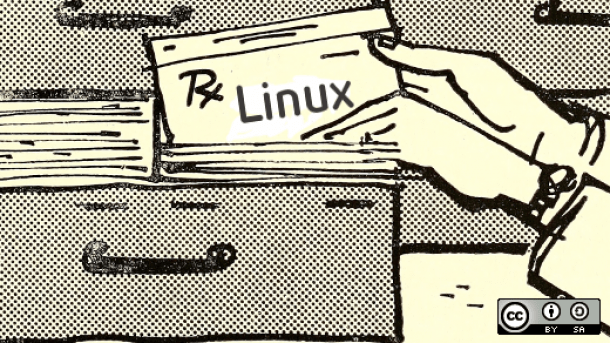Why the operating system matters even more in 2017
The operating system isn’t going away any time soon.
Operating systems don’t quite date back to the beginning of computing, but they go back far enough. Mainframe customers wrote the first ones in the late 1950s, with operating systems that we’d more clearly recognize as such today—including OS/360 from IBM and Unix from Bell Labs—following over the next couple of decades.
An operating system performs a wide variety of useful functions in a system, but it’s helpful to think of those as falling into three general categories.
First, the operating system sits on top of a physical system and talks to the hardware. This insulates application software from many hardware implementation details. Among other benefits, this provides more freedom to innovate in hardware because it’s the operating system that shoulders most of the burden of supporting new processors and other aspects of the server design—not the application developer. Arguably, hardware innovation will become even more important as machine learning and other key software trends can no longer depend on CMOS process scaling for reliable year-over-year performance increases. With the increasingly widespread adoption of hybrid cloud architectures, the portability provided by this abstraction layer is only becoming more important.

